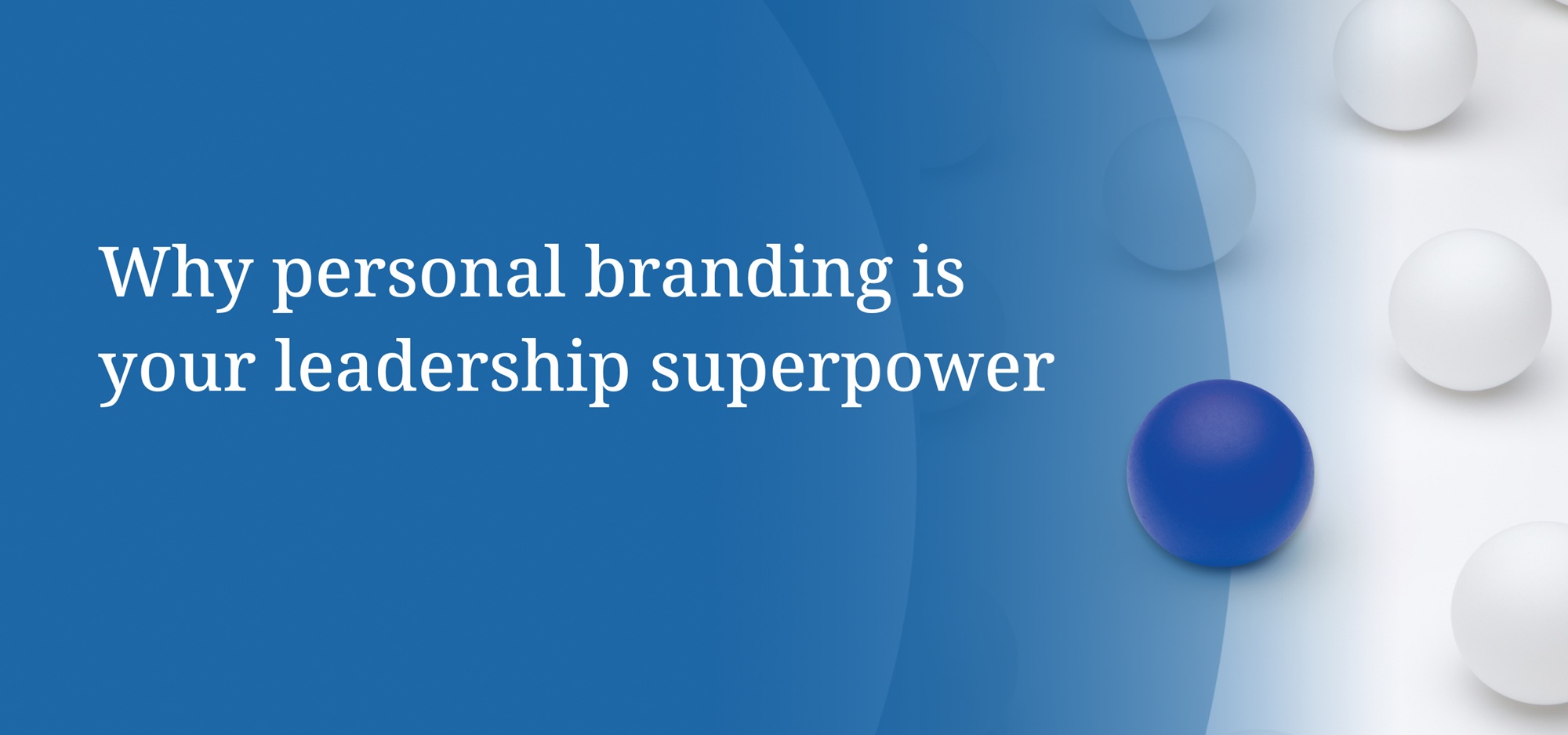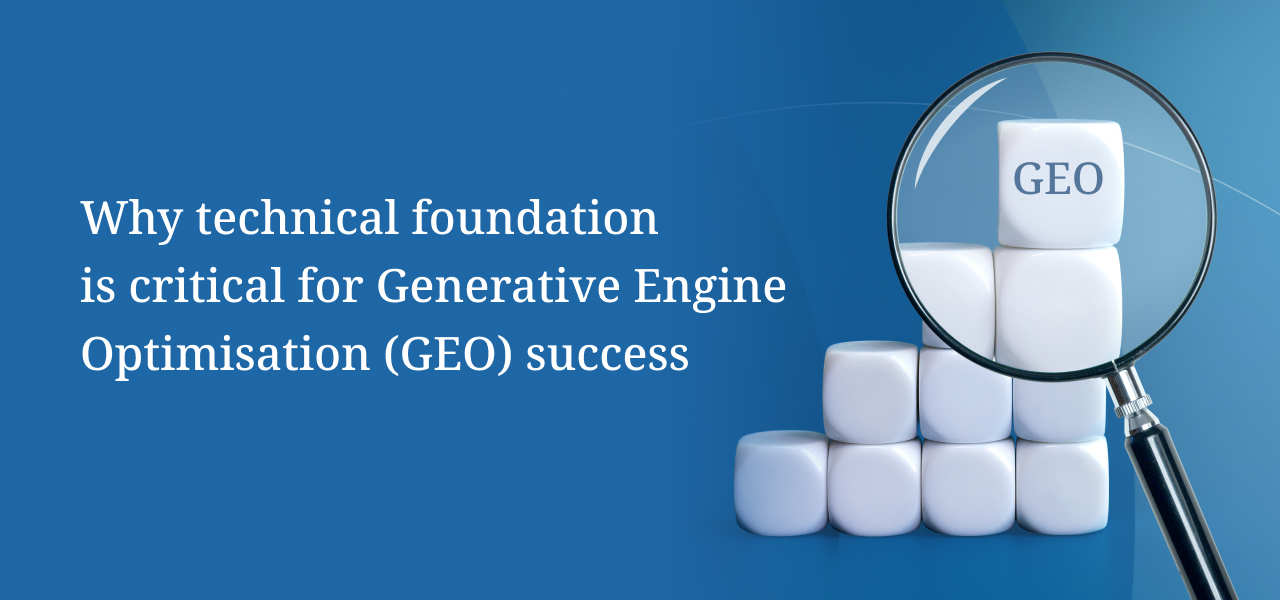B2B marketers are navigating an era of unprecedented change and disruption driven by AI, new technologies, geopolitical tensions, and ongoing uncertainty. The constantly evolving landscape we find ourselves in is likely to accelerate even further. The rapid rise of disruptive technologies, shifting buyer expectations, and changing consumer behaviour are reshaping how businesses connect with their audiences and this won’t slow down. To stay ahead, marketing leaders must remain agile, avoid getting swept up in hype, and, most importantly, remember that the customer is ultimately a human being.
Here are five major trends poised to impact the industry as this year continues to unfold, along with ways businesses can leverage them to stay competitive:
1. Thought leadership as a game changer
I always tell my clients that if you’re not leading the conversation, you’re missing out on opportunities. Thought leadership isn’t a new concept, however, many companies and leaders fail to master it or understand it as a powerful trust builder. Studies indicate that 73% of buyers trust thought leadership more than traditional marketing, and 70% of executives consider suppliers after engaging with their insights, thinking and latest views. However, most content in general is forgettable—only 15% of decision-makers rate content that they come across as excellent. This is the gap we help our clients fill. Companies that invest in thought-provoking, research-backed content that shares new insights and thinking, are the ones that will cut through the noise, earn trust, and ultimately drive growth. To see how to turn your insights into powerful lead-generation assets, explore our article on the role of “Big Rock” content in B2B marketing here.
2. Ecosystem marketing
Ecosystem marketing involves connecting and engaging with various stakeholders and influencers within the broader community that your brand operates in or around. In this age of short-termism, companies often forget to invest and nurture in these important relationships if they don’t see immediate results and as a result forget to take key stakeholders and influencers on the journey with them. The stakeholders and influencers can impact the buying journey and so while there might not be a direct sale by engaging them, it certainly can help build trust in your brand while also increasing brand awareness and influence.
3. Nurturing networks and human connections
Following on from the previous point, investing in nurturing networks and human connections is also making a comeback as a key aspect of the marketing mix. In recent years, marketers have become overly focused on digital metrics, often the wrong ones, in an attempt to please algorithms that drive much of general internet traffic. But, have we forgotten that we are marketing to people? People desire connection; they want to feel connected to the brands they buy from or work with. Investing in nurturing relationships through face-to-face events or personal catch-ups is crucial for building lasting connections. This is not happening anywhere near enough but can be the secret weapon for those companies that do as they will stand out among the crowd. Sales teams – don’t forget to pick up the phone and speak to your customers and prospects. Digital will only take you so far.
4. GenAI disruption: finding the right balance
Customers increasingly demand a more human experience in their interactions with brands, necessitating a hyper-personalised approach by marketers and more persona-driven marketing. While AI is no longer a futuristic tool—and instead an essential part of modern marketing, it needs to be used with purpose and to ensure that if anything it enhances the human experience rather than taking away from it. When used well, AI will be able to help companies go deeper into hyper-personalisation and predictive analytics, but marketers must remember that this is not to replace the human touch or human element of personalisation in marketing. For example, savvy marketers will utilise AI to analyse vast datasets in real-time to be able to then tailor content, recommendations, and outreach strategies with a level of unprecedented accuracy. This level of personalisation enhances customer engagement and satisfaction, making consumers feel recognised, understood, and valued. And the really savvy marketers will take it a step further with a human touch to help foster deeper relationships, leading to increased loyalty and retention.
5. Content marketing with authenticity
While content remains king, it is becoming increasingly competitive. Companies are investing more in video and it is great to see content diversify to include podcasts; however, standing out and resonating with audiences is becoming more challenging with the flood of AI-generated content. According to a Forbes study, 97% of marketers say creative content helps audiences better understand their products, and 91% believe it drives increased website traffic. This underscores the need for brands to develop content that is not just informative, but also authentic and engaging to truly connect with their audience. Customers now expect stories, personality, and authenticity instead of generic corporate messaging. B2B brands must showcase the human side of their business through employee-generated content, behind-the-scenes insights, and interactive discussions with the broader community that foster real connections— the era of overly polished, robotic marketing is over; relatability is the new currency.
The overarching message to leaders this year is to not forget the human aspect of any form of marketing. Yes, embrace AI, automation and marketing technology – you must. However, don’t do this at the expense of overlooking other key aspects of marketing such as building trust through original and authentic ideas and opinions, investing in the human connection and the networking, engaging with the broader community that is related to your business and developing content through storytelling and relatability.
After 17 years of seeing all sorts of cyclical trends in marketing, our mantra this year: bring the human back into marketing. Don’t just focus on digital marketing, adopt a balanced approach that incorporates both digital as well as traditional marketing methods centred on the customer. By embracing these trends and focusing on authentic engagement, businesses can thrive in the evolving B2B marketing landscape. Are you ready to envolve with it? Contact us now.




